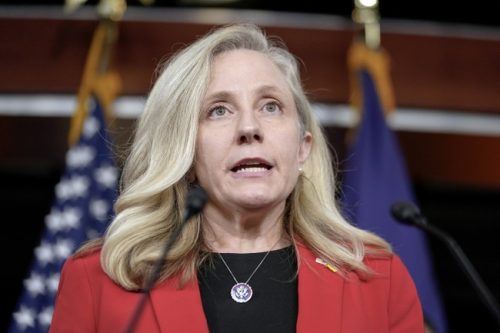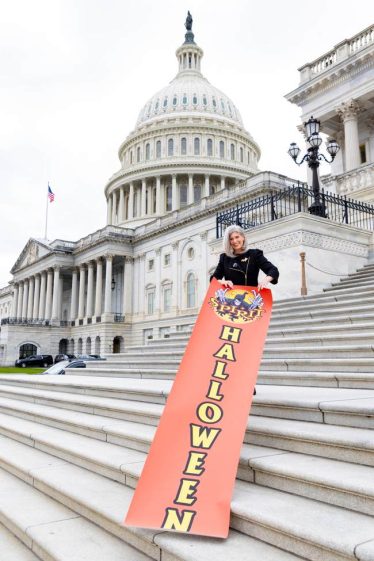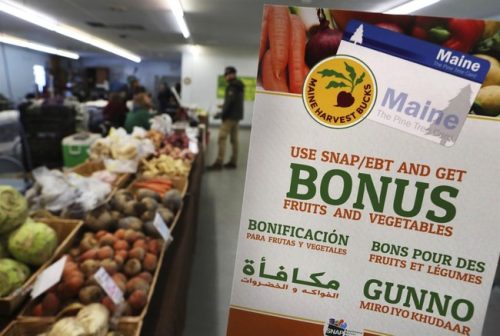Kamala Harris erupted in a profanity-filled interview over President Trump’s planned White House ballroom while SNAP funding teeters on the brink of running out for nearly 42 million Americans. She attacked the project and accused leaders of ignoring hungry children, and Republicans say the real story is that Democrats pushed a shutdown that left benefits at risk. The debate has become a crude symbol of priorities and politics: a private-funded renovation versus government programs facing a cliff. This piece lays out the sequence, the quotes, and the political fallout from a Republican perspective.
Former Vice President Kamala Harris made her remarks on Jon Stewart’s Comedy Central podcast “The Weekly Show,” releasing an interview that quickly drew fierce reaction. Her tone was raw and direct, aiming squarely at the symbolism of the White House construction and the timing of SNAP’s funding shortfall. Republicans note the contrast between private spending for a ballroom and a government failing to pass appropriations. That contrast is now the focal point of the argument over who put voters last.
During the podcast she said, “Are you f**king kidding me? This guy wants to create a ballroom for his rich friends while completely turning a blind eye to the fact that babies are going to starve when the SNAP benefits end in just hours from now! Come on!” She added, “I’m not going to be distracted by, ‘Oh, does the guy have a big f**king hammer!?’ What about those babies!?” These words were meant to be a wake-up call, but critics argue they mix valid concern with political theatre.
The central fact driving the outrage is straightforward: SNAP funding is set to lapse by Saturday, putting benefits for almost 42 million people at risk next month. That number is real, and it is painful to think of families hitting a gap in assistance during an already difficult time. Republicans have pointed out that the smart answer is to pass short-term funding now rather than using hungry families as leverage in congressional fights. The failure to do so has cast Democrats as obstructionists in the eyes of many voters.
🚨NEW: Kamala Harris *MELTS DOWN* over Trump ballroom🚨
"Are you f*cking kidding me? This guy wants to create a ballroom for his rich friends while completely turning a blind eye to the fact that babies are going to starve when the SNAP benefits end in just hours from now! Come… pic.twitter.com/11iT7n3EH7
— Jason Cohen 🇺🇸 (@JasonJournoDC) October 30, 2025
Meanwhile, construction began last week on the East Wing of the White House to clear space for what the administration describes as a 90,000-square-foot ballroom. Officials say the project will be paid for by President Trump and a slate of private donors described as patriotic backers. For critics of the president, the optics are terrible: a lavish renovation while government programs face a funding cliff. For supporters, private funding minimizes taxpayer burden and allows the administration to pursue its vision for the executive residence.
Republican lawmakers and conservative commentators have branded this funding gap the result of what they call the Schumer Shutdown, arguing that Senate Democrats led by Chuck Schumer refused to back emergency measures. From that viewpoint, the shutdown was avoidable and driven by political priorities that put other agendas ahead of basic needs. Conservatives say using SNAP recipients as bargaining chips in ideological fights is unacceptable and beneath the dignity of governance. That message has been repeated in town halls and on the floor of Congress since funding stalled.
The political theater around the ballroom has energized both sides. Progressives use the narrative to portray the administration as tone-deaf; conservatives use the same facts to spotlight what they see as Democratic leadership failure. At the heart of the debate is responsibility: who acts to prevent harm now, and who prefers to score points at the expense of immediate relief. Voters watching this will decide whether blame lands on the White House, on congressional Democrats, or on a system that allows such standoffs to endanger assistance programs.
There are real people behind the statistics. Local food banks, state administrators and families on tight budgets are the ones who will feel a gap in benefits if Congress does not act. That human impact is what Harris invoked in her outburst, and what Republicans demand policymakers confront without more partisan posturing. The argument from this side is simple: protect Americans first, then debate policy details once immediate needs are secure.
Beyond the immediate funding fight, the episode also raises questions about political communication and strategy. Heated language and high-profile interviews mobilize bases, but they rarely solve the administrative problem that needs fixing. Republicans push for clear votes, short-term fixes and a focus on outcomes, not just soundbites. That approach, they say, would keep aid flowing and force a cleaner debate on long-term spending priorities.
Whatever the outcome in the coming days, the clash over a privately funded White House ballroom and a public benefits cliff will be a test of priorities for both parties. The optics, the language and the policy choices are now all intertwined, and each side will use the moment to sharpen its case to voters. For conservatives, the lesson is that responsibility matters, and that political standoffs should not be allowed to translate into hunger or hardship for American families.






